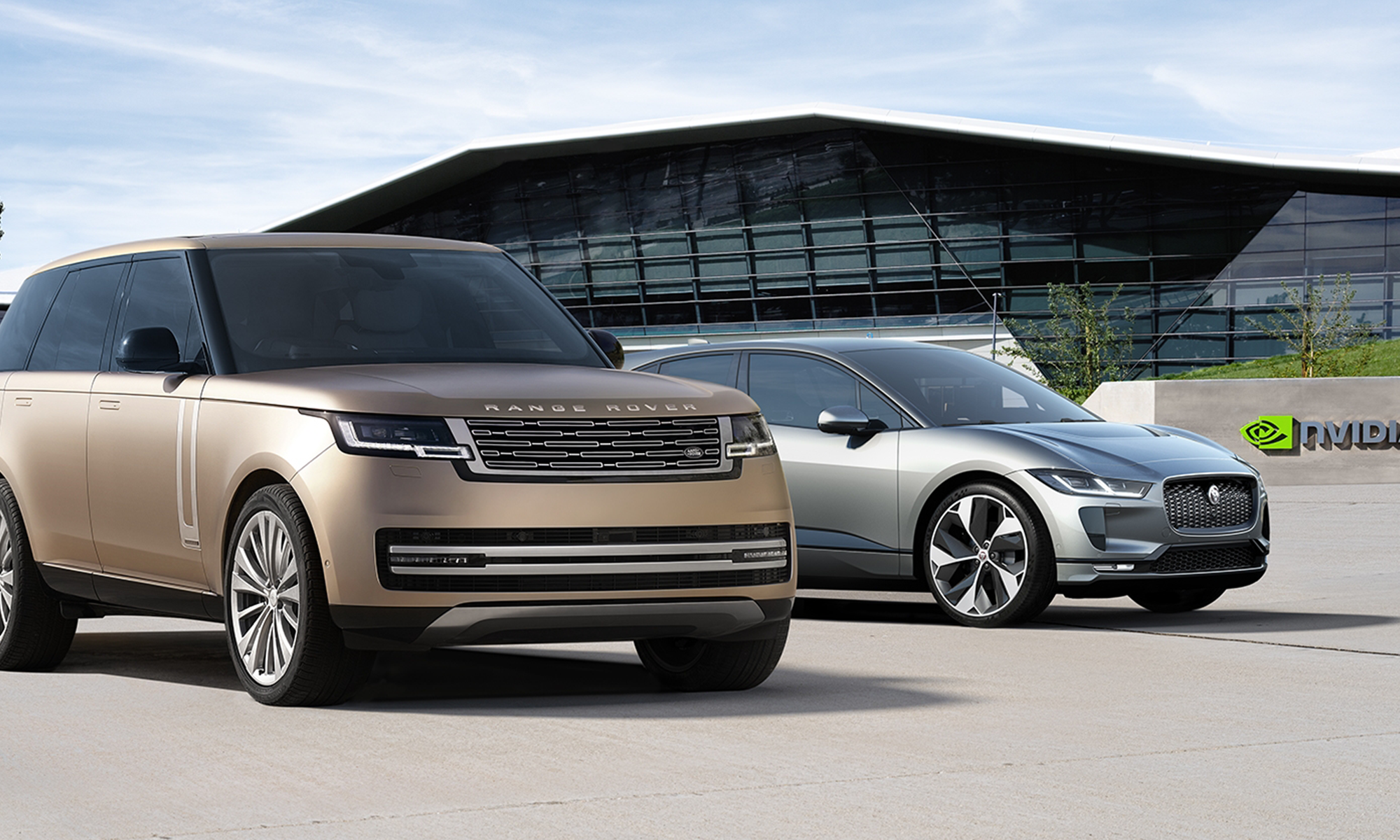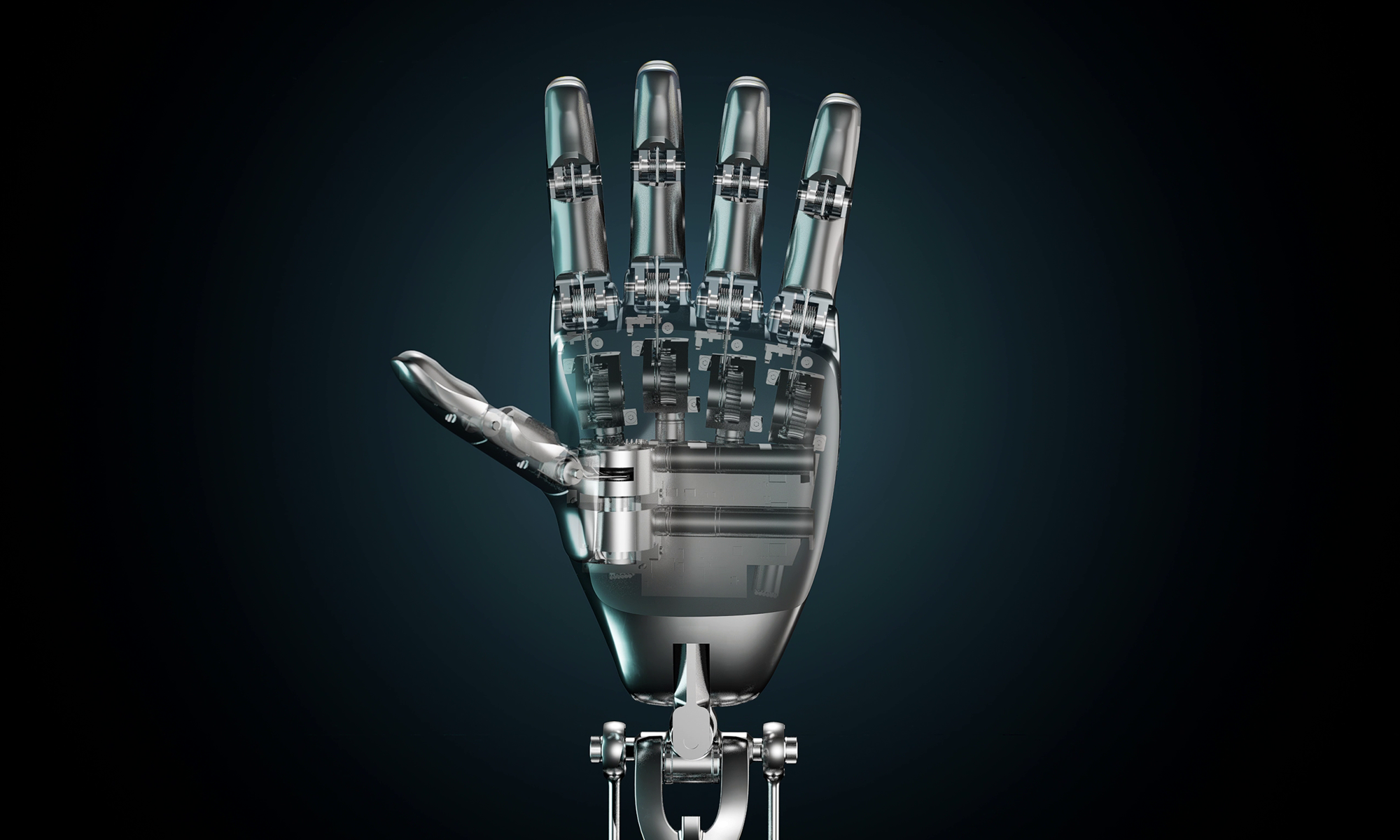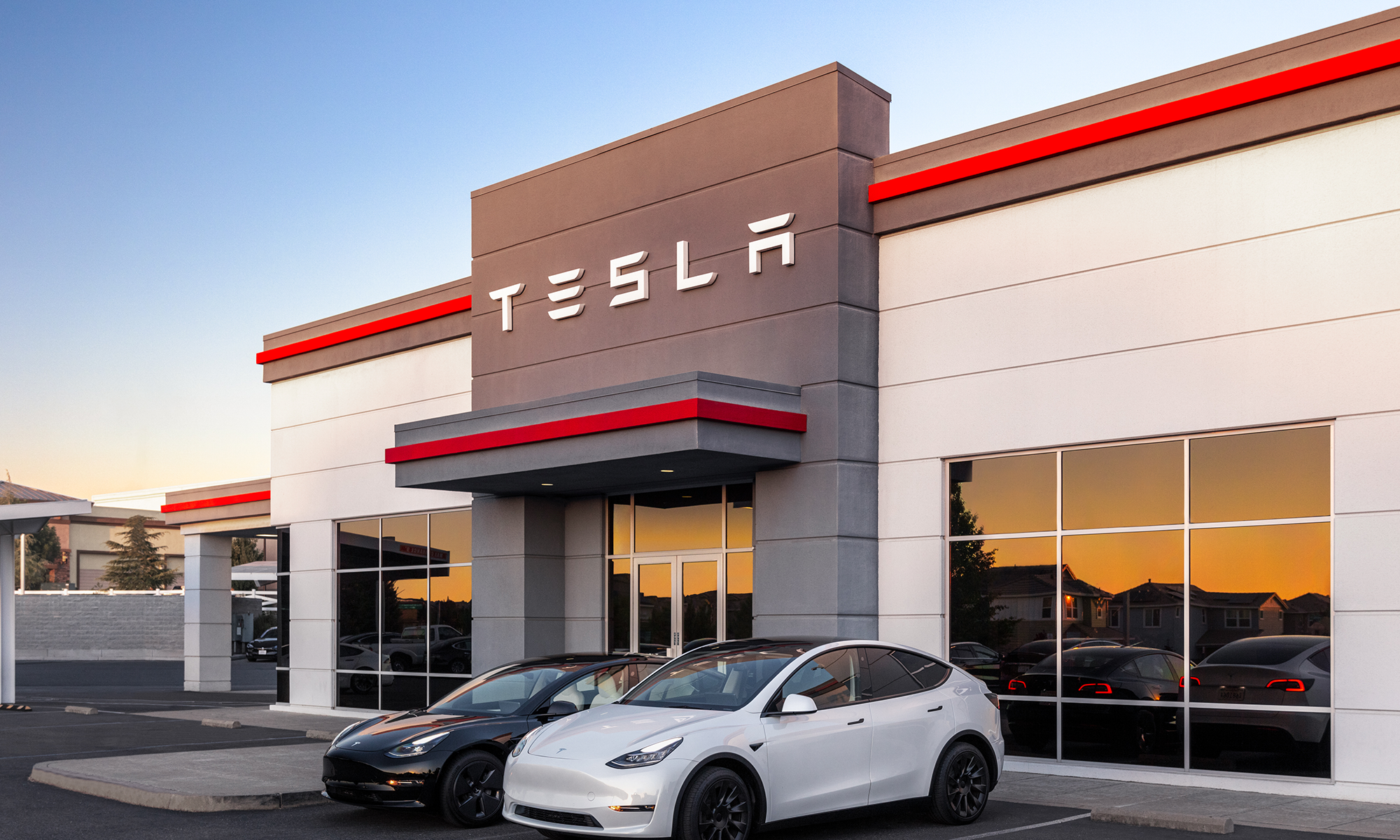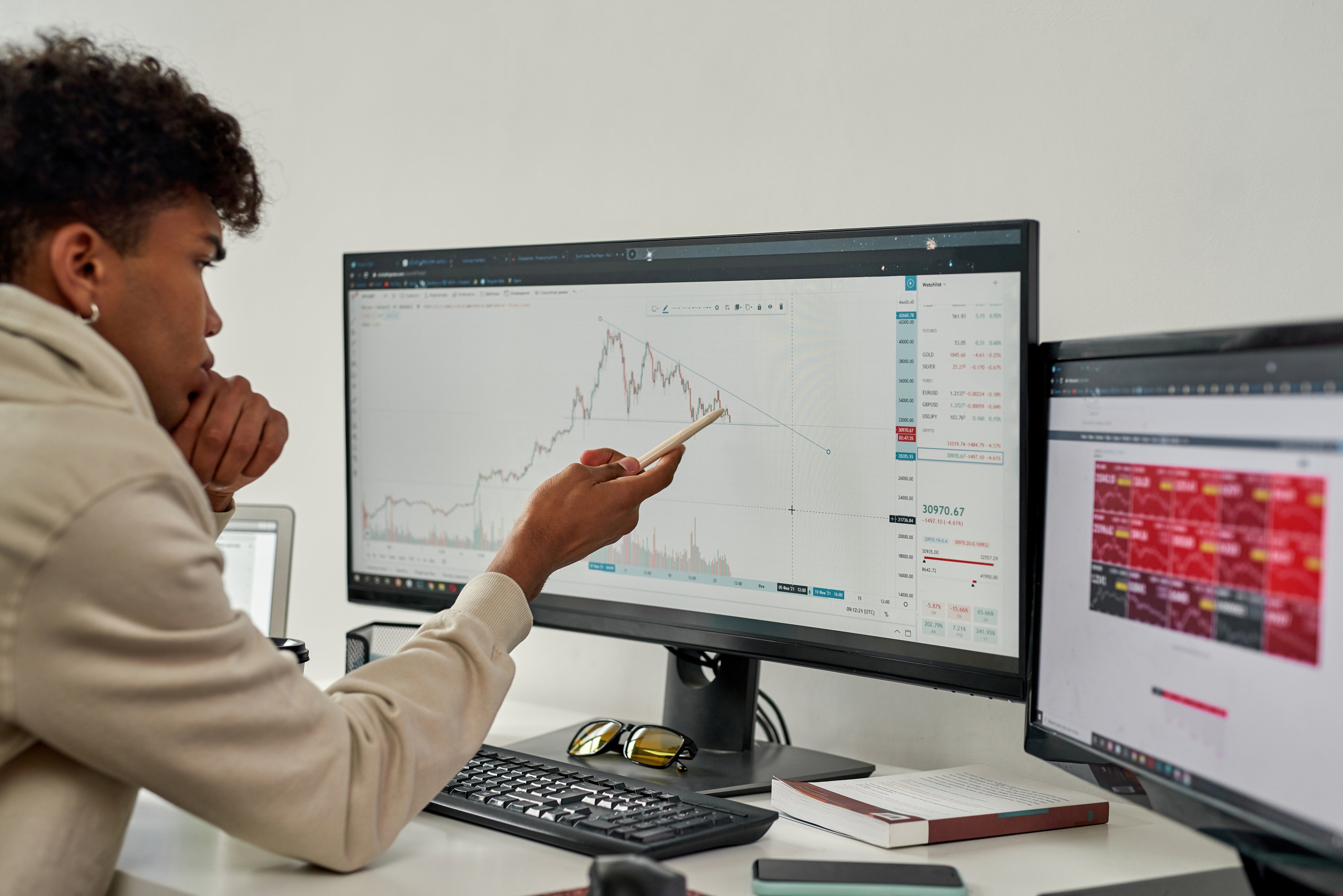When The Future of Life organization released an open letter calling for a six-month pause on the development of a generative artificial intelligence (AI) technology, one signatory stood out above all others.
Elon Musk, the CEO of Tesla (TSLA 1.79%), SpaceX, and now Twitter endorsed the call in a move that likely surprised some of his followers. Musk has long been a lightning rod for controversy, making off-the-cuff statements that most CEOs avoid, and he's invited scrutiny from the Securities and Exchange Commission and other regulators on multiple occasions. He has also been responsible for pushing the limits of technology and engineering in multiple areas.
Musk didn't offer an explanation for why he signed the document, but said at a conference in February, "One of the biggest risks to the future of civilization is AI. It's both positive or negative and has great, great promise, great capability." But he cautioned, "With that comes great danger."
The letter argues that the risks from unregulated artificial intelligence aren't worth the benefits of moving forward right now, and attracted signatures from Apple co-founder Steve Wozniak and Pinterest co-founder Evan Sharp.
What's surprising about Musk's support is that his companies have pushed the boundaries of artificial intelligence as much as anybody else. Musk was even a co-founder of OpenAI, the start-up behind ChatGPT, but left the board in 2018 and hasn't been part of the company for years.

Image source: Tesla.
Tesla and AI
Artificial intelligence is a core justification behind Tesla's massive valuation, and Musk's background as a technologist, having co-founded PayPal early in his career, helps distinguish the company from traditional automakers.
AI has become important enough to Tesla that it has hosted two "AI days" in each of the past two years, and Musk has said he plans to hold them annually.
At its AI day last October, the EV maker showed off a working prototype of its Optimus Bot, a general-purpose humanoid robot. The company also shared that it now had 160,000 customers using "full self-driving," generating more data to train its AI systems. It also unveiled its Dojo supercomputer, which is designed for machine learning and video training to run its self-driving technology.
Tesla's own statement on AI says, "We believe that an approach based on advanced AI for vision and planning, supported by efficient use of inference hardware, is the only way to achieve a general solution for full self-driving, bi-pedal robotics and beyond," indicating a far-reaching vision for its own AI.
Beyond Tesla, Musk's Neuralink company aims to develop implantable computer chips in the brain that could do things like cure blindness and paralysis, and SpaceX is also taking advantage of AI in other ways.

NASDAQ: TSLA
Key Data Points
The problem with Musk and the AI pause
Musk's decision to sign the letter doesn't have any direct effect on Tesla's stock, but it does present one risk to the company, at least rhetorically.
By calling for a pause on the development of generative AI systems, which is not an area Tesla is working on, Musk leaves Tesla vulnerable to calls for it to pause its own AI activities, or other developments more generally.
Self-driving cars, for example, pose a significant safety risk, which is one reason why they've been slow to roll out to the public. Any group of people could put out a similar letter calling for a pause on self-driving vehicle technology until more can be understood about its implications and proper safety protocols can be developed. Similarly, it's easy to imagine a group coming out to protest Neuralink's technology.
The Future of Life Institute says its mission is "steering transformative technology toward benefiting life and away from extreme large-scale risks."
Given Musk's own history of innovation and experimentation, those words could be used against one of his companies, or any other AI stock.
The AI pause seems unlikely to happen for a number of reasons, including the difficulty of implementing such a break, and it's unlikely to have an impact on Tesla stock. However, Tesla investors should be wary of similar protests as the company advances further in AI and other new technologies.





